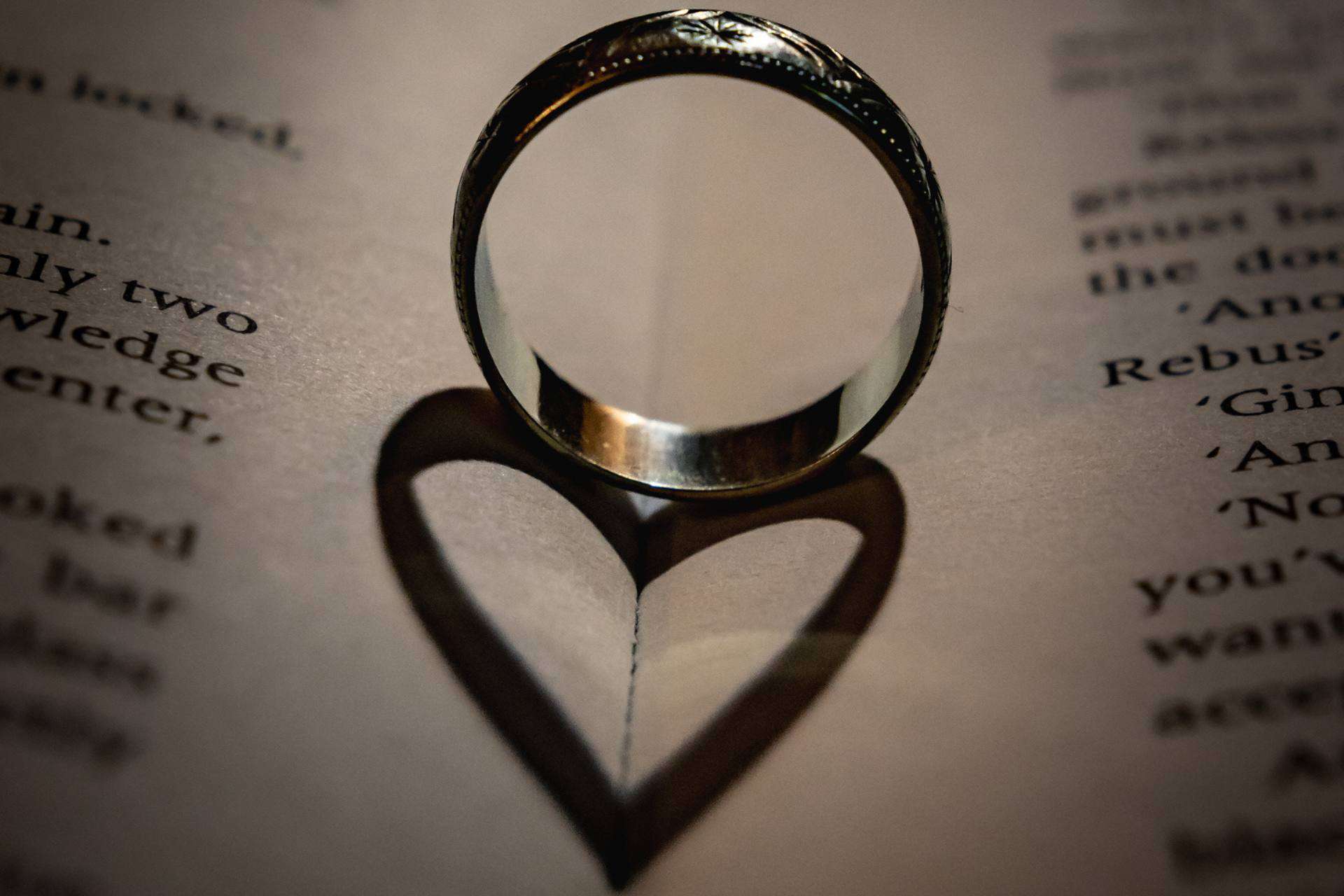
Pete and Ellyn’s Origin Story, or “How I Met Your Mother”
[Editor’s note: this love letter went to our email list on Valentine’s Day and it seemed good enough to give it a permanent home on

When couples come in after an affair is revealed, the presenting issue is often labeled simply: infidelity.
But what sits underneath that word is much more complex – and much more painful.
It’s not just about sex.
It’s not only about deception.
It’s about a unilateral decision to blow up what was previously a mutual decision. This is why some couples call it betrayal trauma.
In the Developmental Model®, we don’t view infidelity as a singular “event” with a simple cause.
However, it usually results from developmental regression – a retreat from differentiation, from emotional honesty, and from the hard work of staying connected through very challenging emotional conflicts or impasses.
Infidelity often occurs when a partner avoids the vulnerability required to evolve. When one partner chooses to lie or hide, they’re not just betraying trust – they’re breaking the implicit agreement to grow together. That’s what makes it so destabilizing.
The hurt partner is experiencing a level of betrayal trauma.
They aren’t just grieving the act.
They’re grieving the loss of shared dreams, goals and fantasies of what the couple could create together.
And when the betraying partner minimizes the pain, or avoids answering deeper questions, the traumatic feelings intensify.
Here’s what repair requires:
Infidelity is about more than sex or breaking agreements. It breaks the container of growth. And the work of repair is about much more than honesty and accountability. It’s the challenge of rebuilding that container. It means each partner showing up with much more courage than existed before.
Not every couple makes it through.
But the ones who do?
They don’t just “move on.”
They grow up.
They grow together.
"*" indicates required fields
 We respect your privacy.
We respect your privacy.
"*" indicates required fields
 We respect your privacy.
We respect your privacy.
[Editor’s note: this love letter went to our email list on Valentine’s Day and it seemed good enough to give it a permanent home on

As we look into the New Year, I want to share with you very clearly what Couples Institute stands for, now and always. Most of

My passion for educating couples early in their committed relationships was initially driven by personal experience. When I married at 22, my husband and I
Beautiful articulation of betrayal trauma! I will definitely be sharing with my couples clients. Thank you!
A very painful trauma to work through – awesome to journey with and bear witness of the courageous couples who successfully rebuild the container! One couple at a time…
This works beautifully with couples who truly want to find a way forward and the rewards are immeasurable.
Brilliant description of betrayal. I never really understood the depth of the action. It cannot be treated as a superficial act; it is a much deeper chasm to bridge! Thank you!
Betrayal therapy. What about when the partner who is betraying does it long term, with great planning, the secrecy really harms the family, is not contrite.
Thank you Ellyn for the brief and comprehensive depiction of all the aspects of betrayal recovery. You mentioned one aspect of recovery work that I’m finding to be essential with betrayers…. they have to do the work to explore WHY they cheated. If that work is not done, the betrayed ( and the betrayer) never feel safe that it won’t happen again .
Having experienced betrayal in my marriage and feeling/experiencing that no one… not even my therapists understood or dealt with the topic I find your description of betrayal trauma that puts into words what was happening to me and also gives me a path to understand several couples I’m now working with as a therapist. Thank you Ellyn for sharing so much clairty and wisdom!!
Love This ❤️????????????
Thank you very much. This is very helpful. I like the analogy of the broken container of growth and fixing it together.
Well said. That adds so much clarity.
Very Insightful. This makes serious sense
well well and efficiently explained, than you